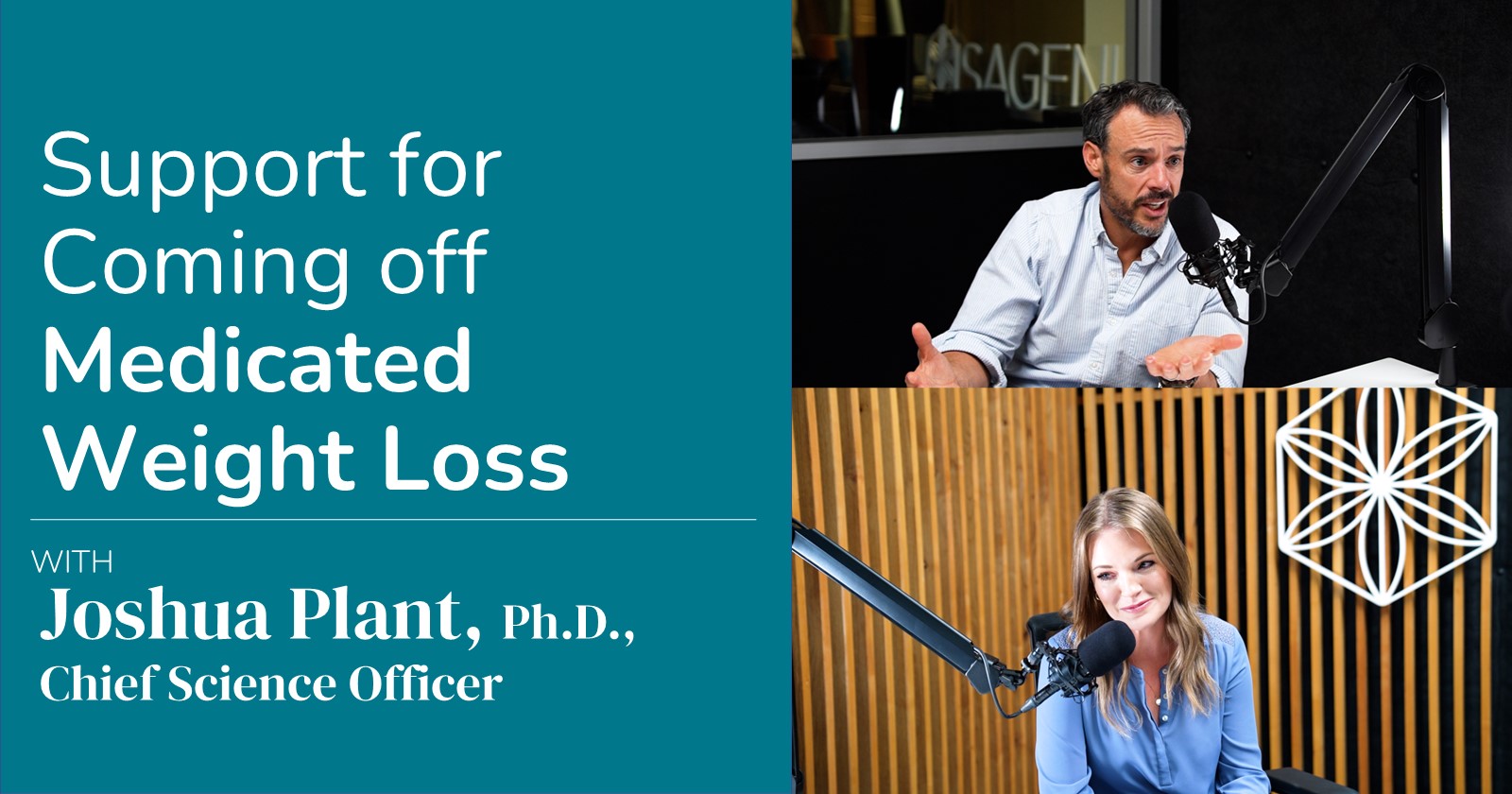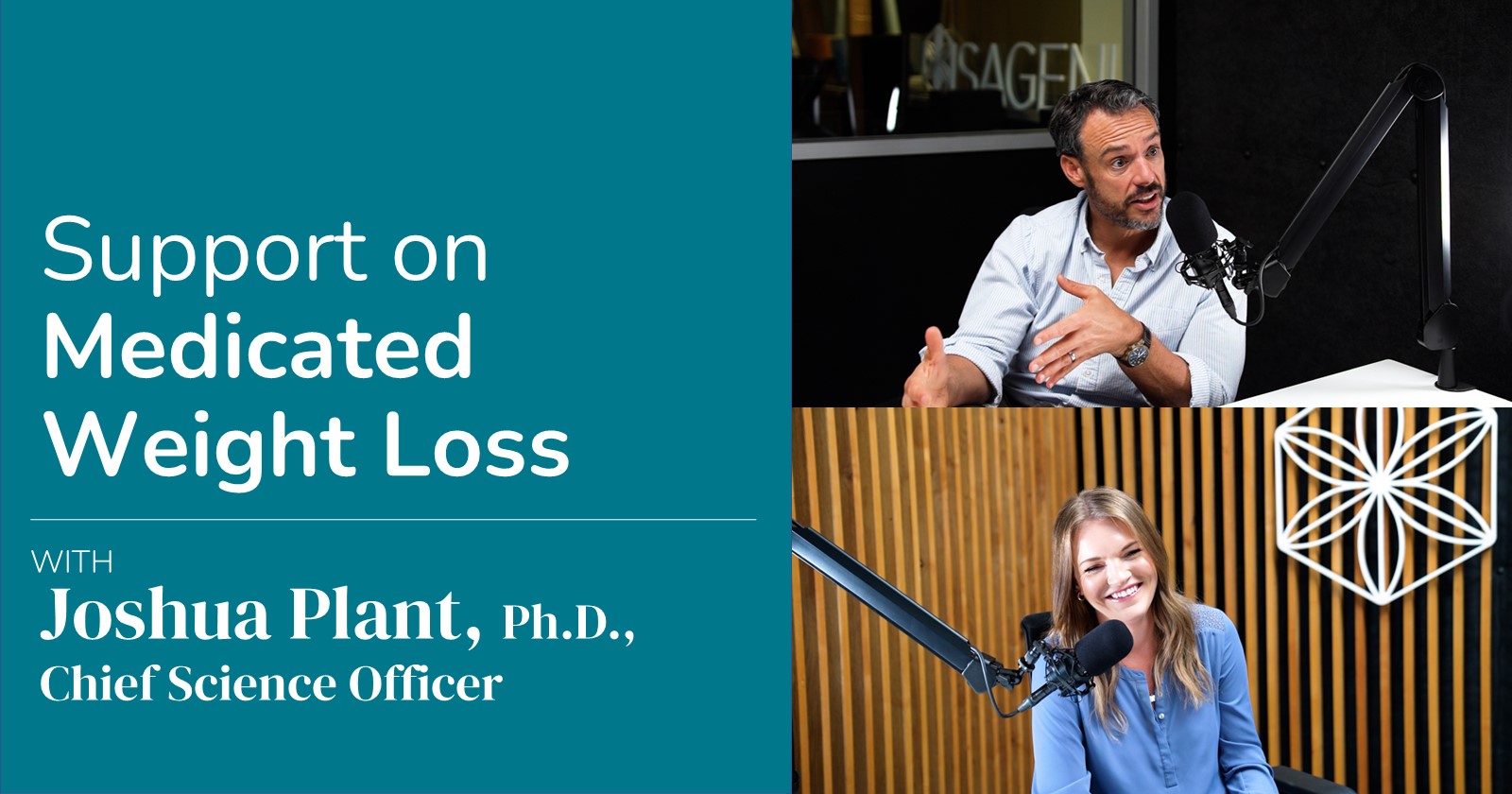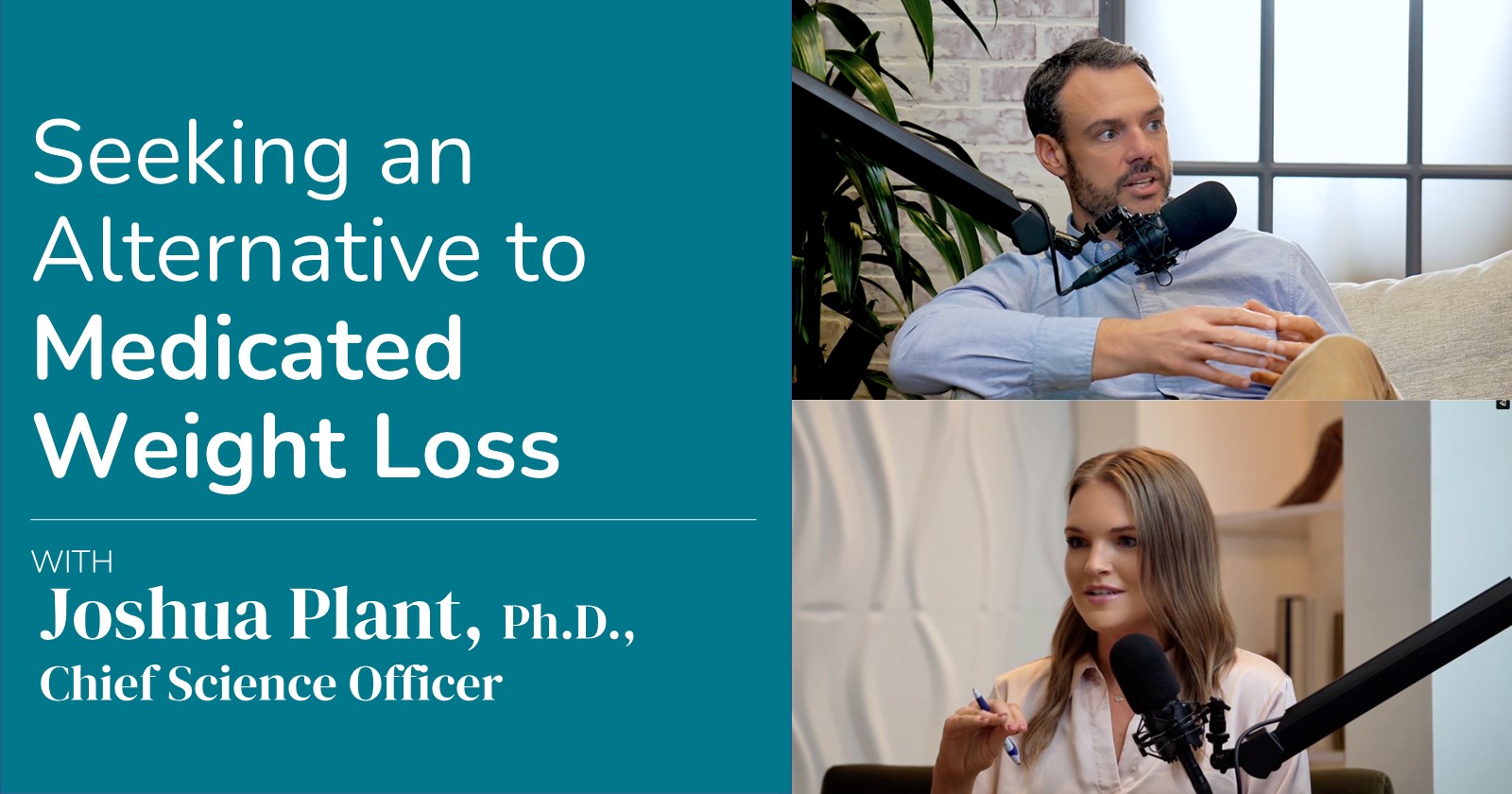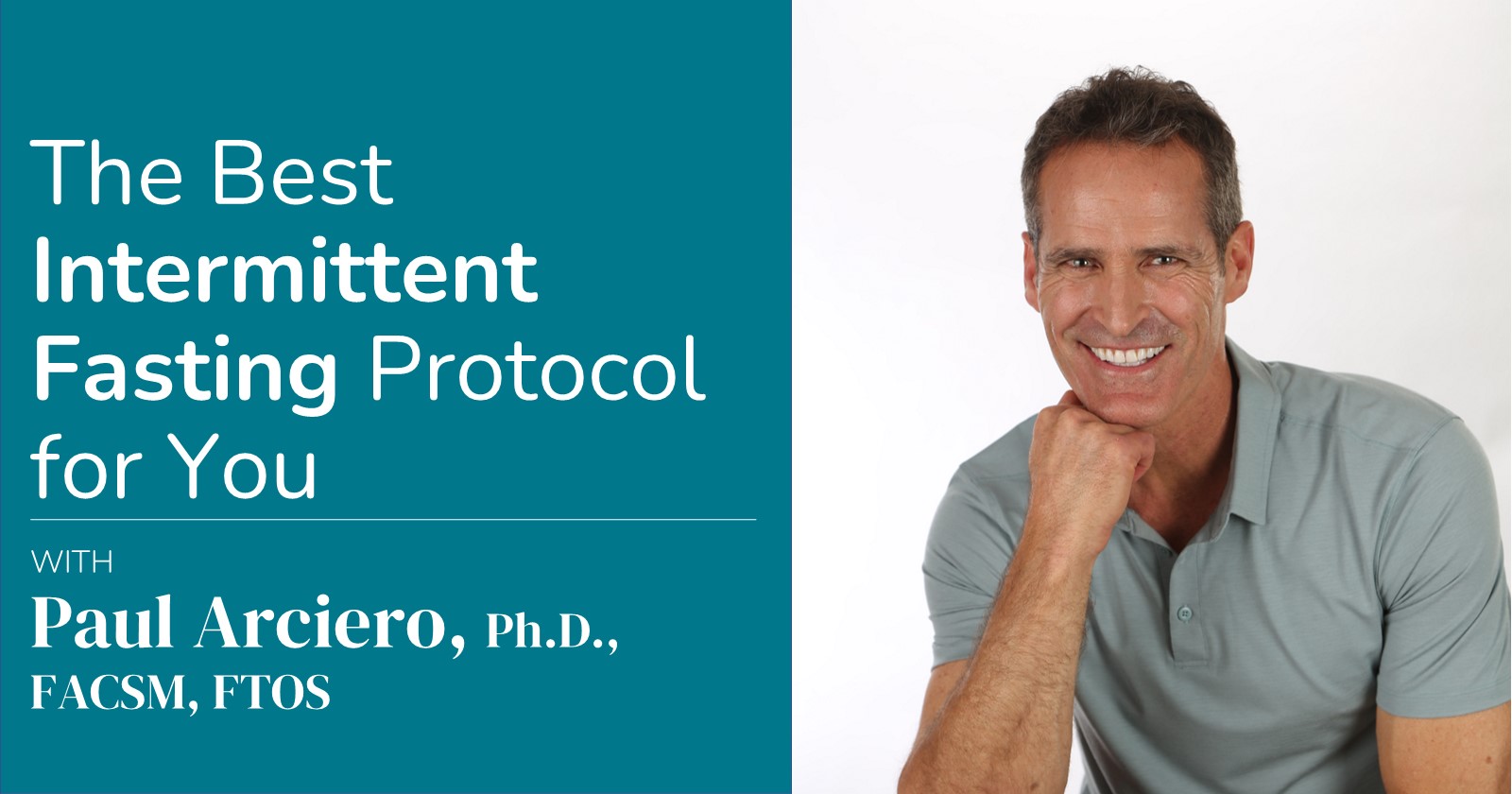If you’re working out simply to burn calories, you may be in for some disappointment. New research reinforces the message that you can’t out-exercise a bad diet, although that hasn’t kept some from trying.
In a new study, researchers found that healthy men and women significantly overestimated the amount of energy they expended during a high-intensity, 60-minute workout (1).
The subjects thought they burned close to 400 calories while in reality the scientific measurements found energy expenditure to be only 250 calories during the workout, or an average of 36 percent off the actual amount.
For those hoping to lose weight, research suggests that the amount of energy people expend during exercise is often much less than they think. In reality, exercise is vastly overshadowed by diet in determining weight-loss success. While exercise does contribute to more energy burned in a day, a change in diet will generally be the largest factor in whether or not a person loses weight (2).
Does that mean that exercise doesn’t play any role in weight loss? No. Exercise can be important for adding and retaining lean muscle tissue while improving overall fitness and health. Plus, research has shown that over time exercise helps prevent weight gain or regain by supporting metabolism and fat burning (2).
The type of exercise performed and diet quality can also affect how many calories—and what type of calories, be they from fat tissue or otherwise—are burned post-workout. For example, getting more protein per day can support greater fat burning daily.
This effect of greater energy expenditure and fat burning was demonstrated in a recent study comparing six different combinations of exercise and nutritional interventions (3). The researchers compared the following exercises: aerobic jogging, high intensity sprints, and resistance training. The nutritional interventions evaluated included protein supplementation with and without carbohydrates after exercise. The results showed that only the combination of high-intensity sprints and protein supplementation increased energy expenditure and fat burning after training.
The takeaway from the research is that even a person’s best estimation of calories burned during exercise is likely to be inaccurate. Additionally, it’s more important to maintain a diet rich in quality protein, and sticking to good nutrition for training to help support muscle growth and metabolism.
Exercise is a great addition to any weight loss regimen, but it can’t act alone.
References
- Berthiaume MP, Lalande-Gauthier M, Chrone S, & Karelis AD. Energy expenditure during the group exercise course BodypumpTM in young healthy individuals. J Sports Med Phys Fitness. 2015 Jun; 55(6):563-8.
- Donnelly JE, Smith BK. Is exercise effective for weight loss with ad libitum diet? Energy balance, compensation, and gender differences. Exerc Sport Sci Rev. 2005 Oct; 33(4):169-74.
- Wingfield HL, et al. The acute effect of exercise modality and nutrition manipulations on post-exercise resting energy expenditure and respiratory exchange ratio in women: a randomized trial. Sports Med Open. 2015 Jun; 2. pii: 11.





